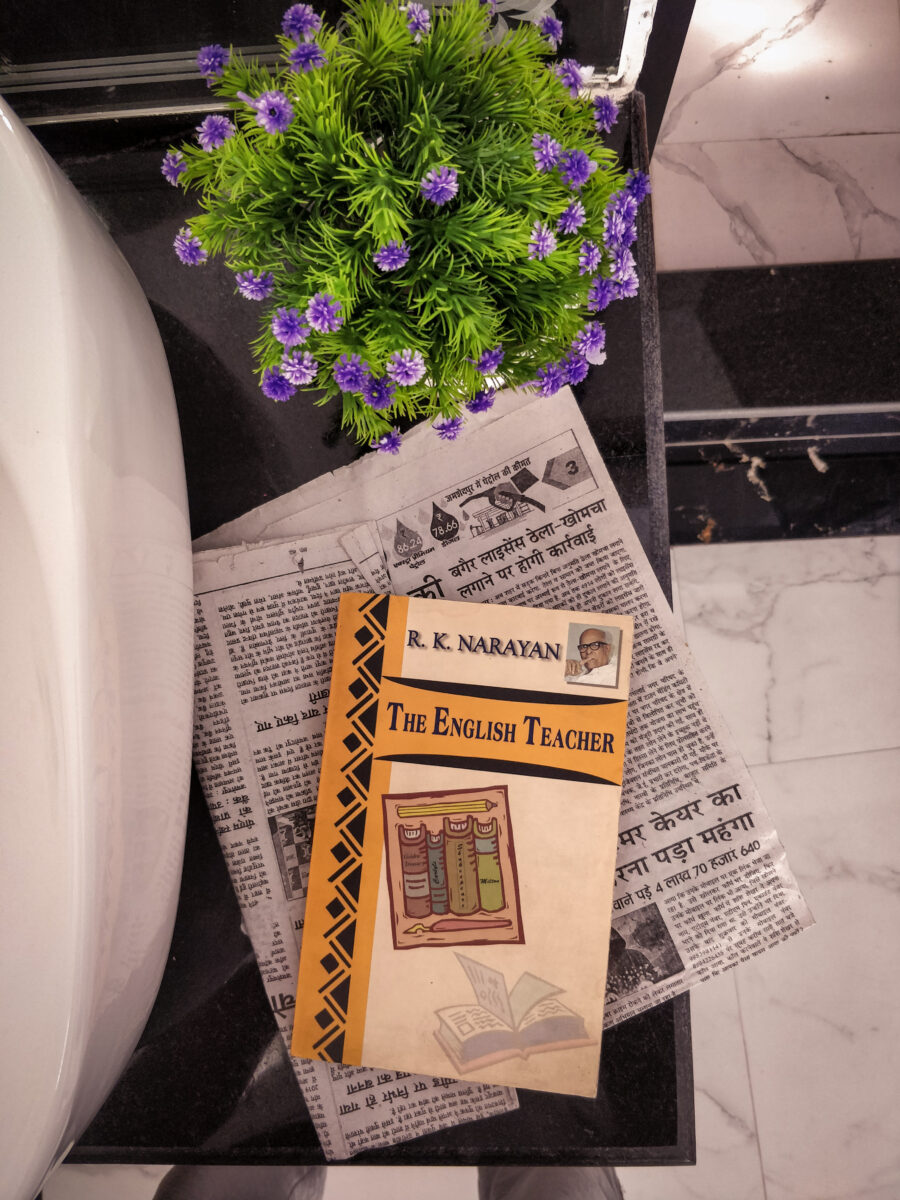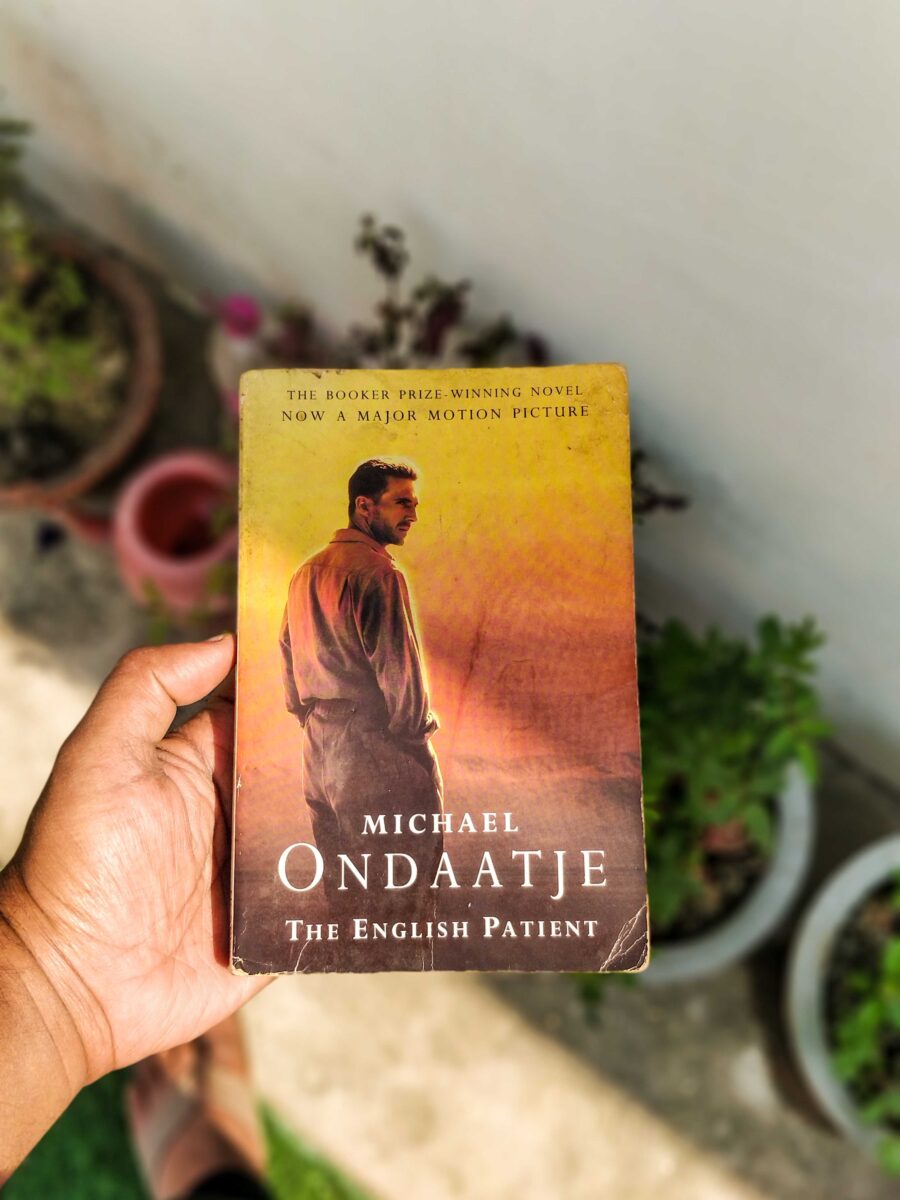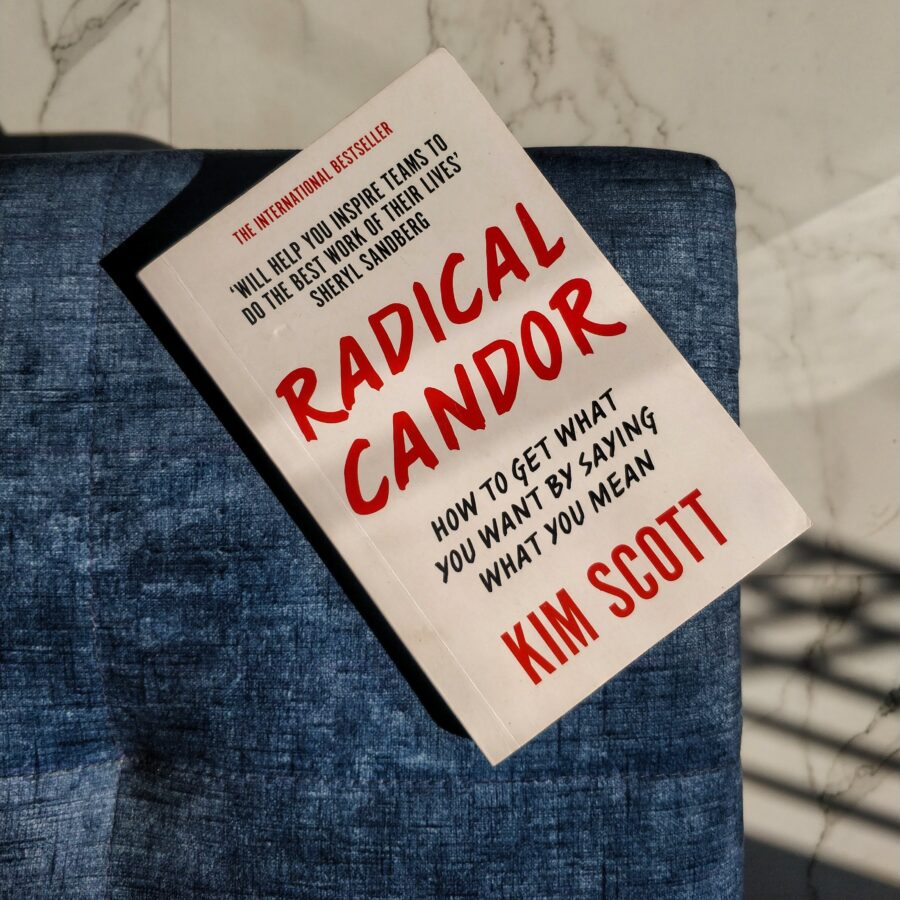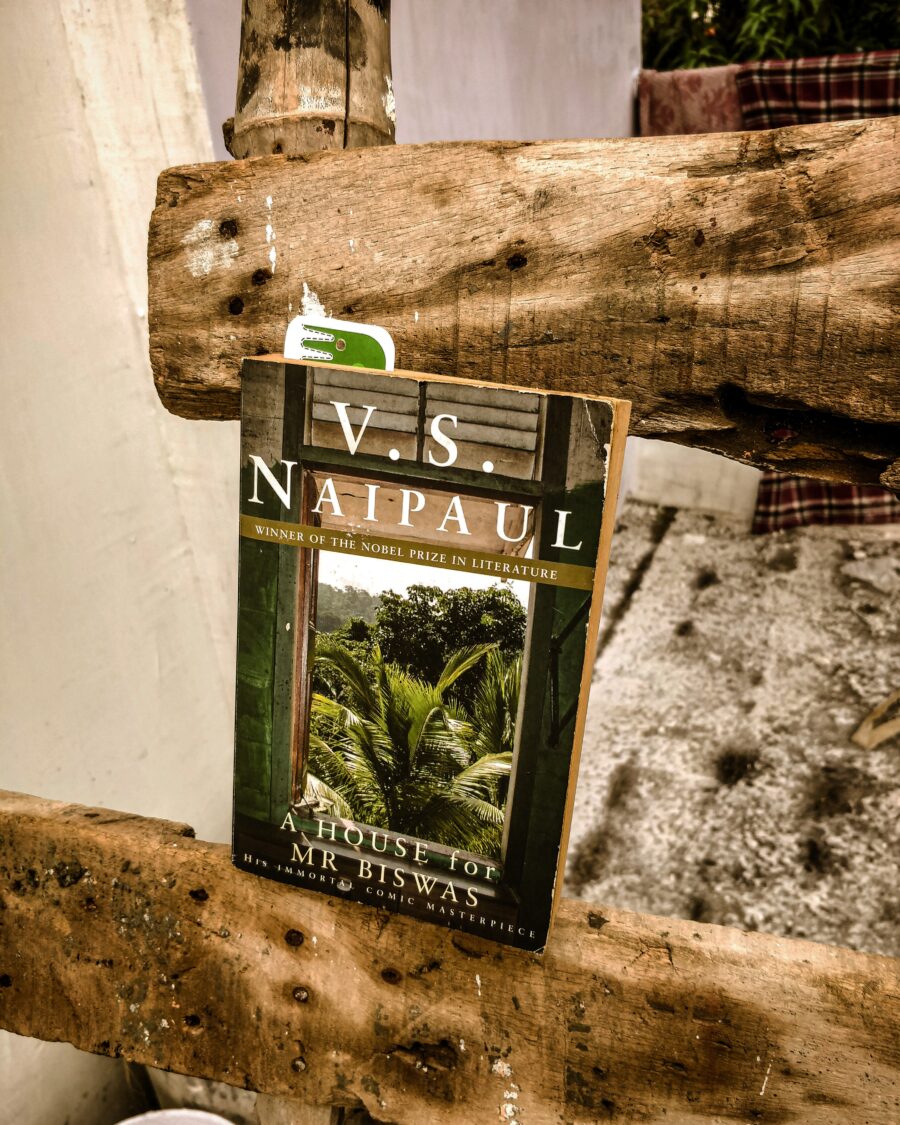They’re going to come for everything. Clothes, food, language, appearance, jobs, and everything you can name don’t fit into their idea of a Hindu Rashtra. It won’t matter in the spectrum of religiosity or privilege where you mark yourself. Whether you fancy yourself to be ‘moderate,’ ‘liberal,’ or ‘practicing.’ They’ll come after all. Your name is enough.
In the last 5-6 years, we’ve all had discussions about leaving the country with family and friends. Toronto, Dubai, New Jersey, Sydney, and Istanbul are not just destinations to travel to but viable discussion points on ‘where all you can go.’ A life far away from the maddening crowd that keeps encircling cities and states. Color-coding them in shades of saffron.
We’ve all stopped watching news channels, stayed away from mindless discussions, and even cut ties with many to keep our sanity intact. The online world has the handy unfollow button at our disposal, but the real world is yet to follow suit. We wish.
None of us mind the zoom fatigue as it helped us stay enclosed within our safe spaces. Offices, cafeteria, and the outside world before the pandemic ceased being that post the dawn of ’14. It’s much easier to watch them go ballistic on a comment section chanting slogans while justifying why we are rightly being treated this way.
We’ve watched transitions. From those asking, ‘Biryani Kahan hai?’ to ‘asking for a halal ban.’ From a concern, ‘your community should allow girls to study’ to ‘why is hijab allowed in college’ while sharing holi pictures from their college campuses with captions ‘hashtag memories.’
Expectations. We don’t have any. We start with the assumption that you’ll get one day to vote for a ticket for us to a camp far away. Sighing away at the ashes that burn through those chimneys. Maybe make movies about it years later and sob on stage years later. Don’t worry. A few of us will still remain somewhere.
For year’s, we’ve all grown listening to,’both sides’, ‘we should behave this way’, and gyaan from within the community and of course from outside. Now, we’re at a point where we don’t care.
It isn’t our battle alone. Even if we’re the first casualties. We no longer want to bear the burden.
What’s the worse they’ll do? We’ll be here. Waiting.
Not Toronto, Sydney, Dubai.
Here. Come at us, with whatever you got. #Day1.




